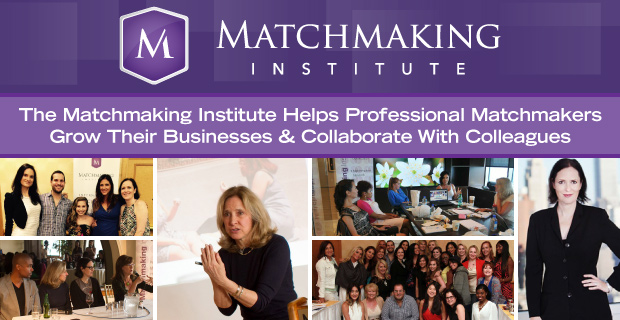NYC 24 – 2004
Rob Anderson is not everyone’s idea of a matchmaker.
Clad in black, reclining on a zebra-patterned armchair with two Chihuahuas barking in the background, Anderson explains how he guides gay men through New York’s dating game.
“People have this image of matchmakers being an old lady with blue hair. Matchmakers today are younger, they’re hip, they’re fun, from all different backgrounds for all different niches.”
Ahead of Valentine’s Day, his phone is ringing off the hook. Gay men, says Anderson, are looking for more than one-night stands. That image of the gay community as very promiscuous is not the whole picture.
“Most guys are hoping to meet somebody and have a boyfriend and have a relationship. But they’re lost because they don’t really know where to find it,” he said.
New York can be full of temptation. Gay guys are very flirtatious, says Anderson, and “there’s so many different candy in the box.”
For $500 a month, Anderson’s personalized matchmaking service – Club Elite – puts together gay guys who are looking for something more than just sex. “I wanted to promote romance and old-fashioned dating and let’s hold hands and go to dinner and go to the movies and not jump into bed on the first date.”
But no matter how successful Anderson is, gay marriage is still off the cards, at least in New York State. He doesn’t have much hope of the law changing any time soon, despite a recent court ruling in favor of gay marriage. As Anderson points out, President George W. Bush “has certainly made it clear he is not on our side.”
He puts that down to plain old prejudice but says the gay community has come a long way since he came out when he was 17. Shows like “Queer Eye for the Straight Guy” and “Will and Grace” have helped. “Nowadays you see a group of teenagers and there’ll be one very obvious gay teenager, completely accepted. It’s kind of become chic and hip to be gay whereas years ago you’d have got your butt beaten.”
When a client comes in, Anderson checks out his personality and tastes with an extensive interview. Then he tries to match him to someone else on his database or goes out to cocktail mixers, parties and clubs to look for potential partners. It’s all stricltly business. Anderson insists that he’s not there to have fun and calls himself a “romantic headhunter.”
Most of the time, he says, gay men are flattered when they are approached by Anderson but it was difficult at first. “When I first started this job, guys thought I was off the wall.”
It’s not just laziness on his clients’ part. “I have people who are not comfortable, maybe they’re recently out, maybe they’re shy about going out to certain types of bars, having to put themselves on the line.”
Anderson will even put up an online ad and meet with the men who reply, selecting the best ones for his client to date. But, normally, he tries to avoid matching using phone and email contact, preferring face-to-face meetings.
The stigma of going to a matchmaker is no longer there, Anderson reckons. “You would not believe the people who come through this door,” he says, making a list of their attributes, “So successful, so kind, great shape, personable, own their own home…”
His clients – there are 20 so far – are typically busy professionals between 35 and 45 years old. They want to make love a priority, but simply don’t have enough time, he says. One client held off joining the service for a few months and bought an expensive couch instead. When he called Anderson, he said he was tired of sitting on the couch by himself.
After a date, Anderson asks for feedback from both men. “What we do is a bit of hand-holding. We’re there as a friend. We’re there if you want to pick up the phone and talk about your romantic life.” Sometimes, he has to egg clients on after an awkward first date by passing on romantic hints he picked up from the match.
On one date Anderson arranged, one man was waiting outside the restaurant, while the other was already inside. They never met and Anderson had to field angry calls from both through the evening, asking where their date was.
The real art of the matchmaker, he says, is to “read between the lines” when someone is telling you what they are looking for. Sometimes he arranges dates between men who would not be immediately attracted to each other.
He trusts his instincts.
A tall, muscular 42-year-old, Anderson started out in graphic design and acting, before working as a pet groomer for 15 years. He decided he was cut out for the profession after attending a three-day course at New York’s Matchmaking Institute. A year ago he took over Club Elite and began working with the institute’s founder, Lisa Clampitt.
Anderson sees nothing strange in a Matchmaking Institute that brings together psychologists, event planners and business experts to train people wanting to get into the business. “You’re not going to be a doctor without going to medical school. You’re not going to be a matchmaker without learning how to do it properly.”
The scientific approach deosn’t take away from the romance of dating, Anderson thinks. “The mystery’s still there. They don’t know — What’s your favorite color? What’s your favorite food? There’s still all the chemistry that hopefully will finally get them together.”



